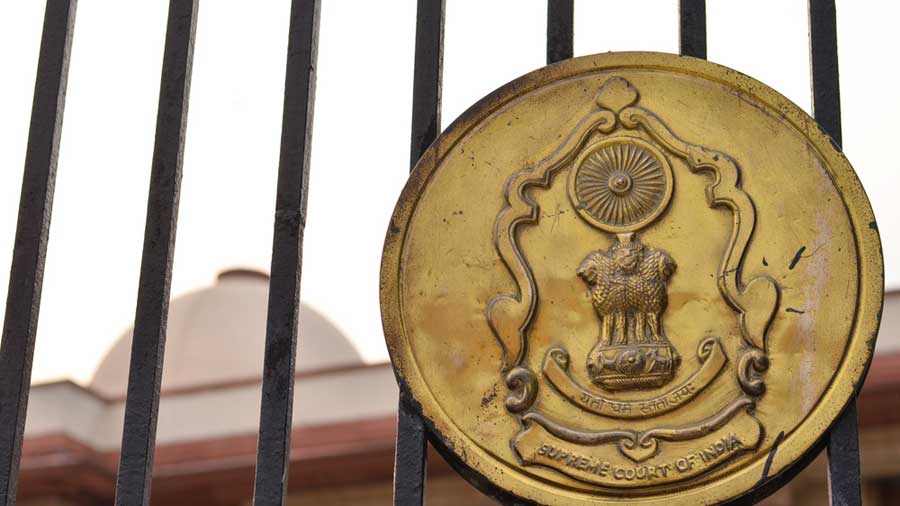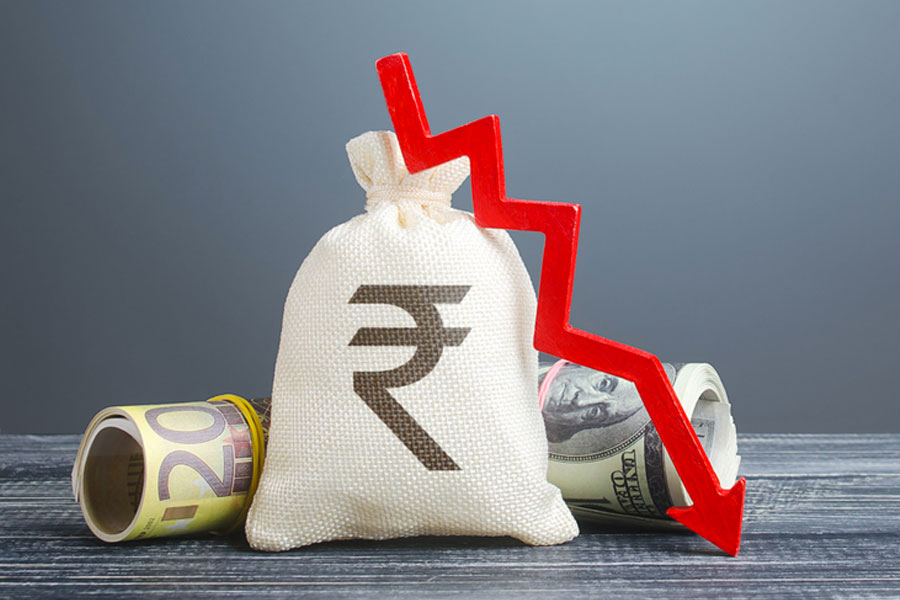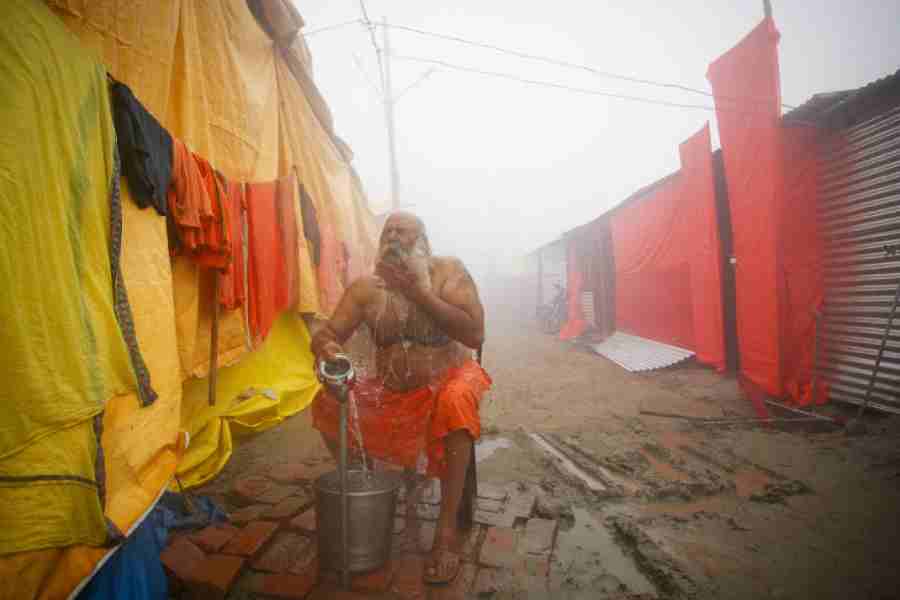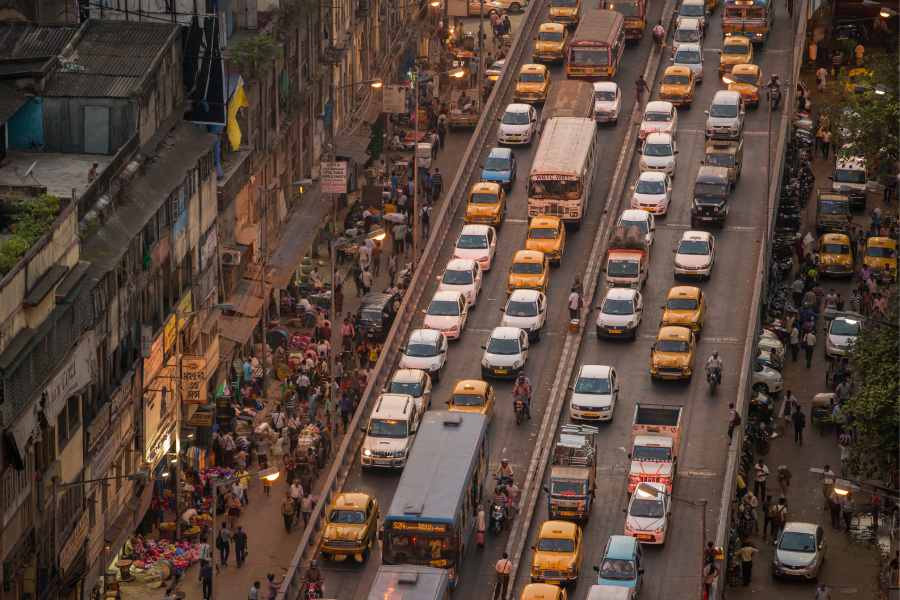The Narendra Modi government’s strategy of wriggling out of sticky situations — they are usually of the Centre’s making — is quite touching. It simply lobs the proverbial ball to the Supreme Court for deliverance. This came to pass, once again, last week when, after eight rounds of fruitless negotiations with farmers demanding the repeal of three controversial agricultural laws, a haughty government informed the representatives of farmer groups that they could approach the Supreme Court. It is another matter that the farmer unions have remained cold to such a suggestion. Their rationale — the legislations are an outcome of policy formulation — cannot be dismissed. What cannot be dismissed either is the Centre’s brazen reliance on the court to bail it out. This is especially so because Mr Modi and his lieutenants are guilty of pushing through these laws without adequate representative consultation. The Centre opted for the ordinance route, refused to expansively debate the matter in Parliament and then — adamantly — turned a deaf ear to the demands to send the bills to a parliamentary committee. There was — this is typical of Mr Modi — no attempt to reach out to or consider the opinions of the primary constituency — the farmers — that is expected to be affected by the legislations. Force and vilification, two other favoured strategies of the regime, were then employed to stall the protesters. Even that failed to deter the farmers, forcing the Centre to engage in consultations that are yet to break the deadlock. The Centre’s unwillingness to hold itself accountable and turn to the court to give its nod to an executive policy is quite unprecedented.
Monday’s proceedings at the court are unlikely to lift the Centre’s spirits. In a stern statement, a bench of the Supreme Court castigated the Centre for its handling of the crisis, taking exception to the attorney-general’s observation of the perceived haste to pass an order. The bench headed by the Chief Justice of India urged the Centre to put the laws on hold, adding that the court would do the needful otherwise. Irrespective of the verdict — it is expected to be passed today — the Centre should pay heed to the court’s stinging observations. Adhering to the time-honoured rituals of consultation would have spared Mr Modi this rap on the knuckle from the court. It cannot be a healthy sign for a democracy when the judiciary has to remind an elected government of the need to hold consultations in order to address the concerns of an aggrieved people.











